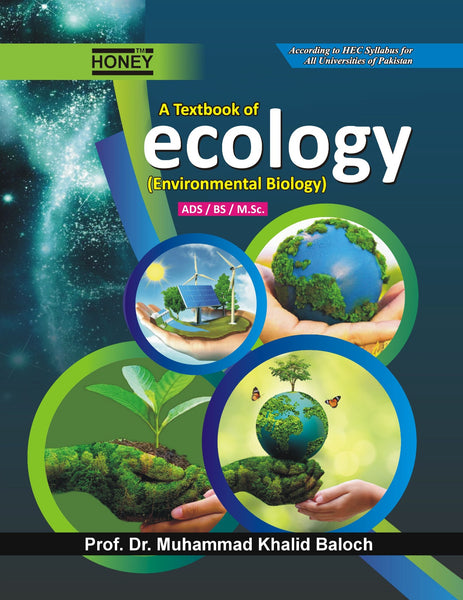Plant Stress Physiology 2nd Edition by Sergey Shabala (Editor)
- Publisher: BOTANY
- Availability: In Stock
- SKU: 37676
- Number of Pages: 362
Rs.790.00
Rs.1,095.00
Tags: Abiotic stress , affordable prices , Agricultural science , best books , best books online , Best Price , best prices , Best Selling Books , best shop , Biotic stress , Book shopping , bookshop , bookshop Multan , bookshop near me , bookshop online , bookshop online Multan , bookshopPakistan , Botany , buy online books , Cellular physiology , Crop physiology , digital shopping , Editor , Environmental physiology , Environmental stress , good books , good booksonline , Internet Shop , one stop shop , ONLINE BOOKS , Online Books Shop , online books store , Online Bookshop , Online Bookshop Pakistan , online bookstore , online shop , online shopping , Online Shopping Pakistan , OnlineShoppingPakistan , Pakistan Bookshop , PakistanBookshop , PakistanOnlineShopping , Plant bioengineering , Plant experimentation , Plant genetics , Plant growth. , Plant research , Plant resilience , Plant responses , Plant signaling , Plant stress , price cut , price-friendly Comprehensive , ReasonablePrice , reduced price , secure shopping , Sergey Shabala , Shopping , ShopSmartPakistan , Stress physiology , Stress tolerance , Virtual Shop
"Plant Stress Physiology" edited by Sergey Shabala offers a comprehensive exploration of the physiological responses of plants to various stressors, providing valuable insights into plant adaptation and resilience in challenging environments. Through a multidisciplinary approach, the book delves into the molecular, biochemical, and physiological mechanisms underlying stress responses, elucidating the strategies employed by plants to cope with adverse conditions. With contributions from leading experts in the field, this second edition addresses recent advancements in plant stress physiology research, offering updated insights into topics such as drought tolerance, salinity stress, temperature extremes, and biotic stress interactions. The book also discusses practical applications in agriculture, including the development of stress-tolerant crop varieties and the implementation of sustainable management practices to mitigate the impact of environmental stresses on crop productivity.
-
Comprehensive Coverage: Shabala and contributing authors provide a comprehensive overview of plant stress physiology, covering a wide range of stressors and their effects on plant growth and development.
-
Multidisciplinary Approach: The book employs a multidisciplinary approach, integrating knowledge from genetics, biochemistry, physiology, and ecology to elucidate the complex mechanisms underlying plant stress responses.
-
Cutting-edge Research: With contributions from leading experts in the field, the second edition incorporates recent advancements in plant stress physiology research, offering updated insights into the molecular and physiological basis of stress tolerance.
-
Practical Applications: The text discusses practical applications of plant stress physiology research in agriculture, including the development of stress-tolerant crop varieties using molecular breeding techniques and the implementation of agronomic practices to enhance crop resilience and productivity.
-
Future Directions: Shabala and contributing authors also address future directions in plant stress physiology research, highlighting emerging areas of study and technological innovations that hold promise for improving plant resilience to environmental stresses in the face of climate change and global food security challenges.
════ ⋆★⋆ ═══
Writer ✤ Sergey Shabala

























